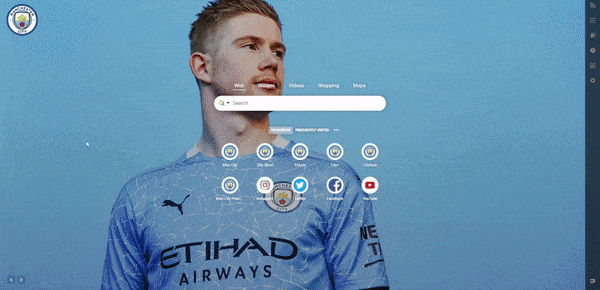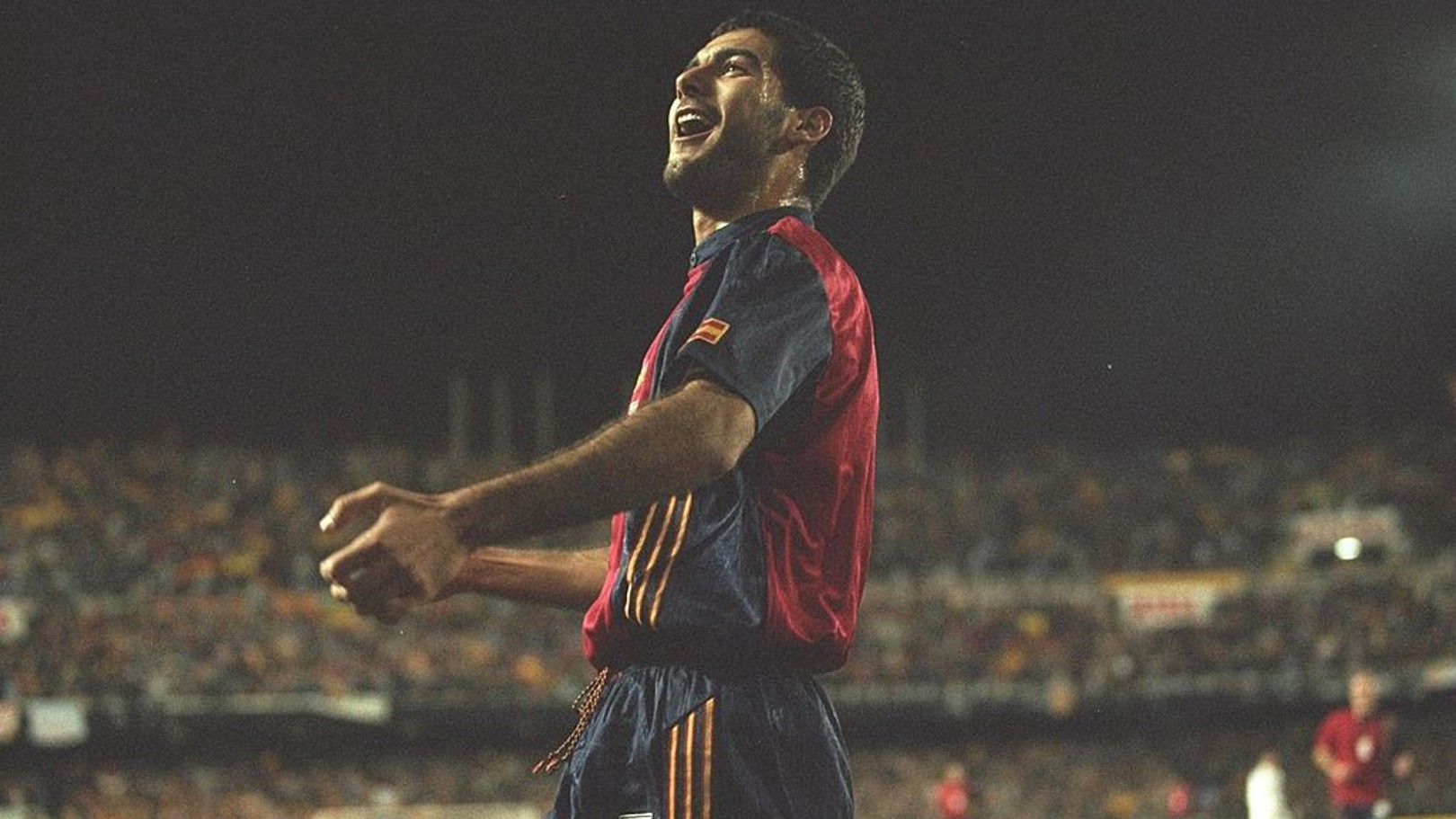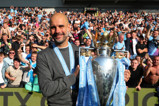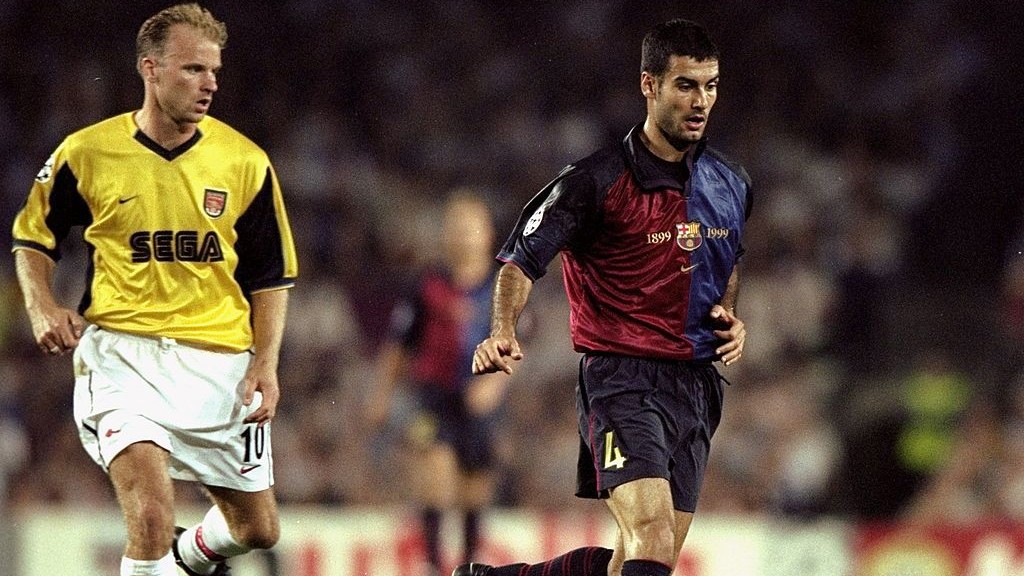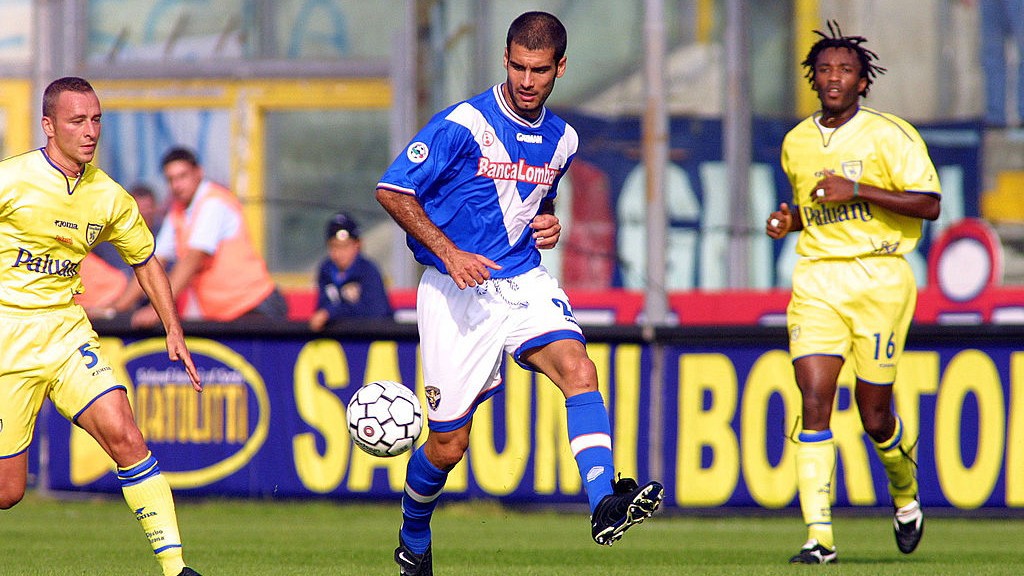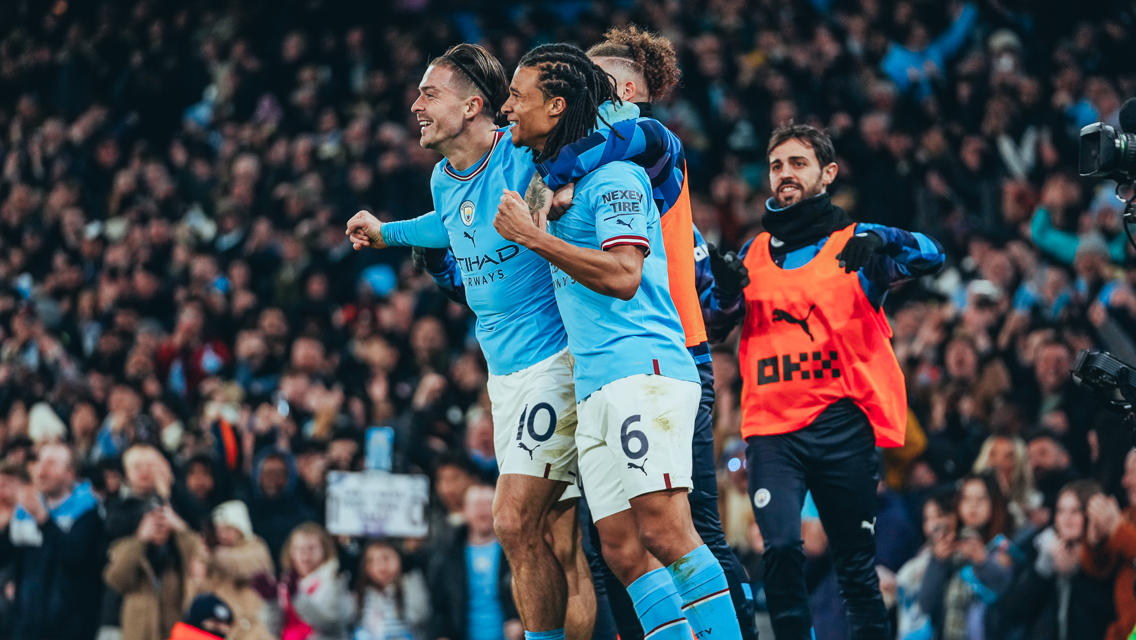It is 13-and-a-half years since he first cut his teeth in the dugout with Barcelona’s B team and in the seasons that followed the Manchester City boss has been a byword for success.
SUBSCRIBE TO THE MAN CITY PODCAST
To date, he has lifted 30 trophies, and won hearts and minds for the transformative effect he has had in Manchester, Munich and Catalonia.
Having woven such a rich tapestry in the managerial game, it is easy for us to think of Guardiola only as a manager, but long before he was making City fans’ dreams come true, he had his own aspirations to fulfil.
A “non-negotiable dream” is how Guardiola, who celebrates his 50th birthday today, described his childhood desire to play for Barcelona.
It was a dream he lived and then some.
Having walked through the doors of the famed La Masia academy as a 13-year-old, the boy from Santpedor went on to play 479 games for La Blaugrana, captaining the club and winning 19 trophies, including Barca’s first European Cup as part of the fabled 1992 Dream Team, which included City Director of Football, Txiki Begiristain.
Deployed at the base of midfield, Guardiola the player reflected the teams he has since managed so successfully.
Tactically astute, hard-working, creative and highly technical, he was the metronome who turned defence into attack with his range of passing, becoming an indispensable leader during his 10-years in the first team.
However, his rise to the top was not without its challenges.
“You run slower than my granny!” was Johan Cruyff’s assessment of the youngster’s performance in a pre-season friendly prior to his breakthrough, whilst the Dutchman also revealed in his posthumously released autobiography that the Catalan club had tried to sell Guardiola.
“As a player at Barcelona, they wanted to get rid of Pep because they thought he was a lanky great beanpole who couldn’t defend, who had no strength and couldn’t do anything in the air,” he wrote in My Turn.
“So he was blamed for all the things he wasn’t good at, while I thought they were all things he could learn to do well.
“What all those people didn’t see was that Guardiola had the fundamental qualities needed at the top level: speed of action, technique, insight. Those are phenomena that very few people exhibit, but in his case they were present in spades.”
The Netherlands legend, of course, would impact his protégé’s career like no one else, with Guardiola once saying: “I knew nothing about football until I met Cruyff.”
It was the legendary tactician who intervened at a B team game, moving Pep into the holding midfield position and later promoting him to the first team when Ronald Koeman suffered an injury instead of following the board’s desire to bring in a more experienced player.
Cruyff’s decision proved inspired and ensured Guardiola fulfilled his ‘non-negotiable dream’ to become synonymous with a golden period in the Club’s history.
In many ways, Guardiola was the symbol of Cruyff’s Barcelona and his success paved the way for future La Masia graduates such as Xavi and Andres Iniesta, who, like Pep, were both slight in stature but blessed with an abundance of technical and tactical ability.
Guardiola called time on his Barca career at the end of the 2000/2001 season, departing on a free transfer after injury had disrupted his final campaign.
He left a legend, and whilst the remainder of his playing career did not replicate the silverware he won at the Nou Camp, it was in important period of development.
Two spells at Brescia sandwiched six months in the Italian capital with Roma, where, despite being used sparingly by Fabio Capello, Guardiola began to lay the foundations for his move into coaching.
“A very well-behaved player,” was the former England boss’ impression of the man he handed just six appearances to, and the midfielder made quite the impression on his team-mates.
“He was ready to become a coach,” recalled former Italian international Marco Delvecchio.
“If you happened to be sat beside him on the bench listening to him, he always knew where to intervene when things were going wrong for the team.
“He had a really clear idea of football. He saw how the game would unfold before the others.”
After returning to Brescia for the remainder of the 2002/03 campaign, Guardiola made the switch to Al-Ahli of the Qatar Stars League, where he spent two seasons.
Heading there at 32, many felt it was a transfer which indicated retirement was looming large, but the Spaniard had one final move left in him and it was a move which reinforced the detailed nature for which Guardiola the manager is famous.
Mexican outfit Dorados de Sinaloa was where Pep chose to spend the twilight of his playing career, where current City assistant coach Juanma Lillo was in charge.
It was a period of education for Guardiola, who utilised his time with the man widely regarded as the pioneer of the 4-2-3-1 formation to enhance his tactical acumen.
The City boss would take notes after training each day as the final chapter of his illustrious playing career sowed the seeds for the unparalleled managerial success which was to follow.
Official Man City Start Page and Wallpapers
Get the Official Manchester City Start page for your Chrome browser. Add the extension to your browser, for the latest news and wallpapers in your desktop tab.
